5 Questions White & Black People Must Ask
Up until about 5 years ago everyone in my immediate circle was of the same race. I graduated from a historically black college, went to work in an all black elementary school, attended a predominantly black church, and had no white friends or associates. My life was segregated, safe and familiar.
After all, who feels comfortable with the unfamiliar? I don’t. My unspoken preference is to maintain some semblance of control in life, and nothing says control like familiarity.
I was content in this place, until I wasn’t. Something inside of me began to crave more diversity in my relationships. And then life happened.
My husband and I changed churches, which has subsequently changed our lives. We moved to a multiracial church where we were in the minority. Almost immediately we were thrust into relationships with white people. We went from no interactions to weekly meetings: sharing, praying, and being vulnerable with couples who shared our faith but not our race.
And I gotta be honest, I was always aware that I was black and they weren’t. Everything seemed to scream overtly YOU are different. My hair, style of dress, speech, and upbringing were all reminders that I was a black woman. I hate to admit this, but I had a whole lot of insecurity about my differences.
I mean, I already had mammoth sized self-doubt, and being a minority only magnified my issues. But in that seemingly ill-fit, uncomfortable and broken place God grew me. Stepping into the racially unknown created a depth of dependence on God that had previously been foreign. I never needed it before.
But this is what God requires of us, dependence. If we never venture beyond the invisible race walls we’ve erected in our communities, churches, and lives we will never open the door for God to move. How can we ever bridge any racial divide if we forever insulate ourselves with people who are of our same hue?
I am not saying that it will eliminate all of the discomfort (because it will be uncomfortable). What I am saying is that we have to be willing to walk into the racial awkwardness. This is required for real healing to take place first within us and then in our nation.
And so as we attempt to process the events of last week and figure out where in the world we should go from here, I have a few questions for us to ponder.
Question # 1: Do I have friends of another race?
Maybe you don’t see anyone in your immediate circles to connect with. If this is the case, ask God to bring diverse relationships into your life. Look for opportunities to interact with other races outside of work. In order to understand perspectives that are vastly complex and contrasting from our own we must delve into relationships with each other. This requires taking a risk and trusting God to not only bring new people into our lives, but to also grant us connections characterized by vulnerability and depth.
“A friend loves at all times, and a brother is born for adversity. “
Proverbs 17: 17 (ESV)
Question # 2: Have I been influenced by the media?
Contrary to the media’s portrayal, not all black men are criminals just as not all white women are suburban stay at home moms. Stereotypes mar our view, preventing us from seeing people as human beings rather than representations of their race.
“People look at the outward appearance, but the Lord looks at the heart.”
1 Samuel 16: 7 (NIV)
Question # 3: Do I have uncommunicated expectations?
Wouldn’t it be great if people responded the way we wanted them to? The difficult truth is, sometimes even after we communicate an expectation people still respond wrong. This is the case on our jobs, in families, and especially as it relates to race relations.
Even if we created a PowerPoint presentation, distributed handouts and conducted a Q&A many people would remain clueless about the unique experiences of other races. Sometimes people simply cannot give what they do not have.
If someone is selfish they cannot empathize.
If someone is bitter they cannot forgive.
And if someone is filled with hate they cannot show love.
We must tap into the life altering power of prayer if we want to impact the unchanged nature of mankind. Additionally, we must also be willing to engage in difficult and candid discussions with other races continuously. When we are hurt, misunderstood, or wronged, we can’t gloss over it because exposing it is too complicated.
“My dear brothers and sisters, take note of this: Everyone should be quick to listen, slow to speak and slow to become angry,”
James 1: 19 (NIV)
Question # 4: Am I relying on my emotions?
I have extraordinarily high highs and low lows. Generally, while I’m swinging on the pendulum between joy and sadness I tend to believe all the thoughts in my brain are truth; they are not. Emotions, though extraordinarily believable, do not always represent truth.
Emotions may tell us, “It is better to get even,” or “People will never change”. If we let them, they will lead us down a destructive path. In these times we must refer to scriptural truth.
“We demolish arguments and every pretension that sets itself up against the knowledge of God, and we take captive every thought to make it obedient to Christ.”
2 Corinthians 10: 5 (NIV)
Question # 5: How might God want me to build a bridge?
God never intended for his people to live at odds with each other. He desires that we live at peace. Maybe God has implanted in our hearts an idea that would begin to bridge the racial divide. Could it be that through a simple act of kindness He might melt the icy areas of our souls?
“Make every effort to live in peace with everyone . . .”
Hebrews 12: 14 (NIV)
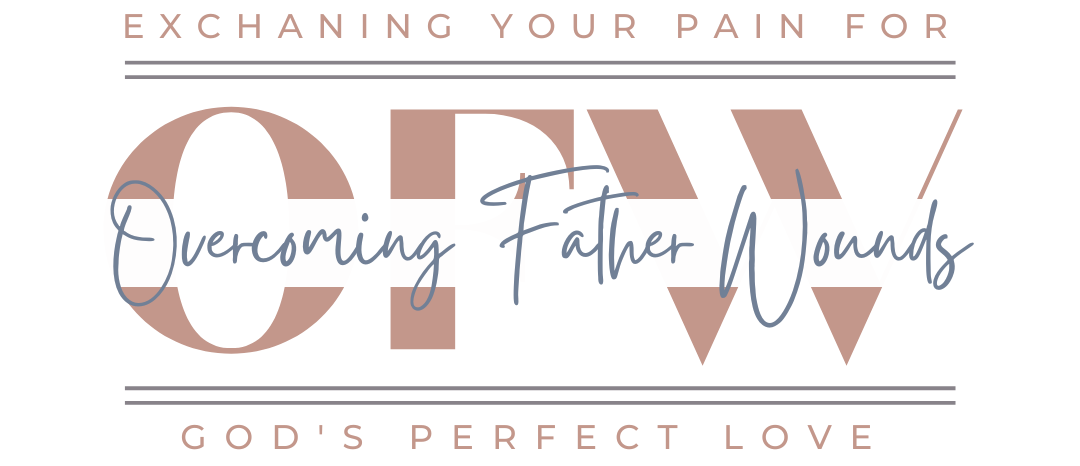
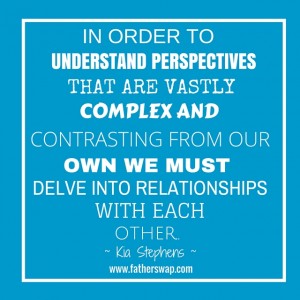
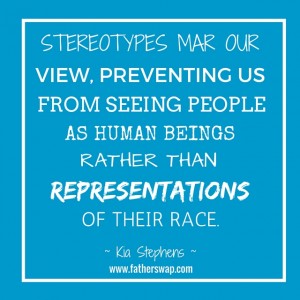
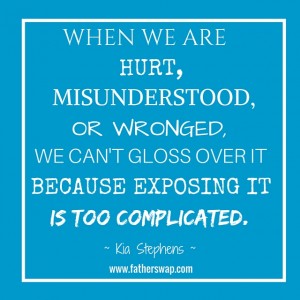
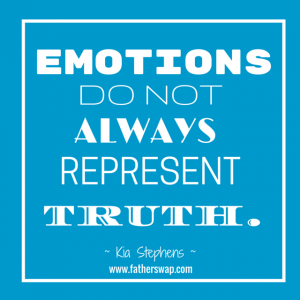
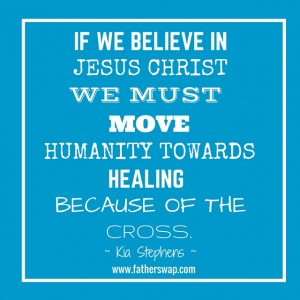

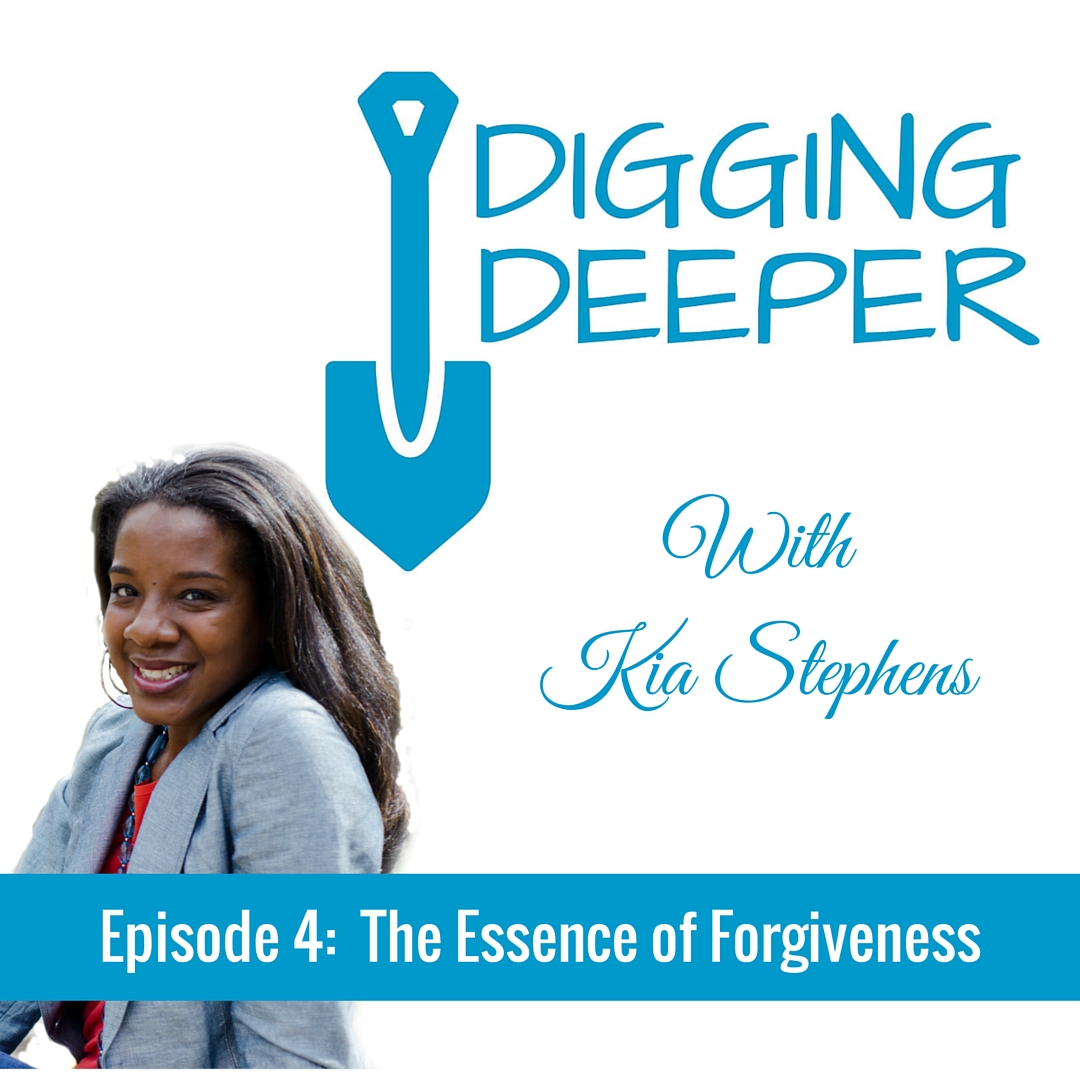
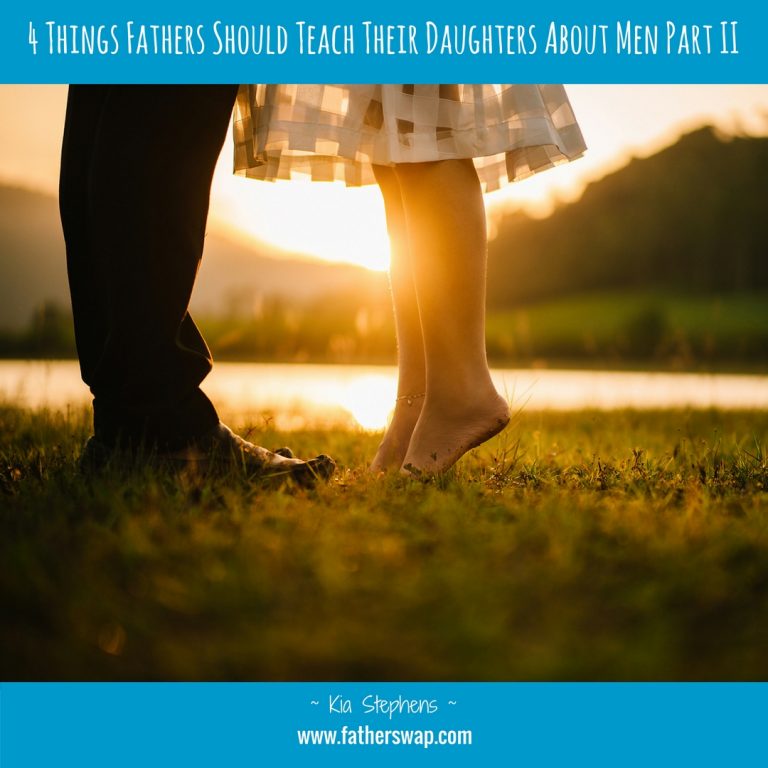
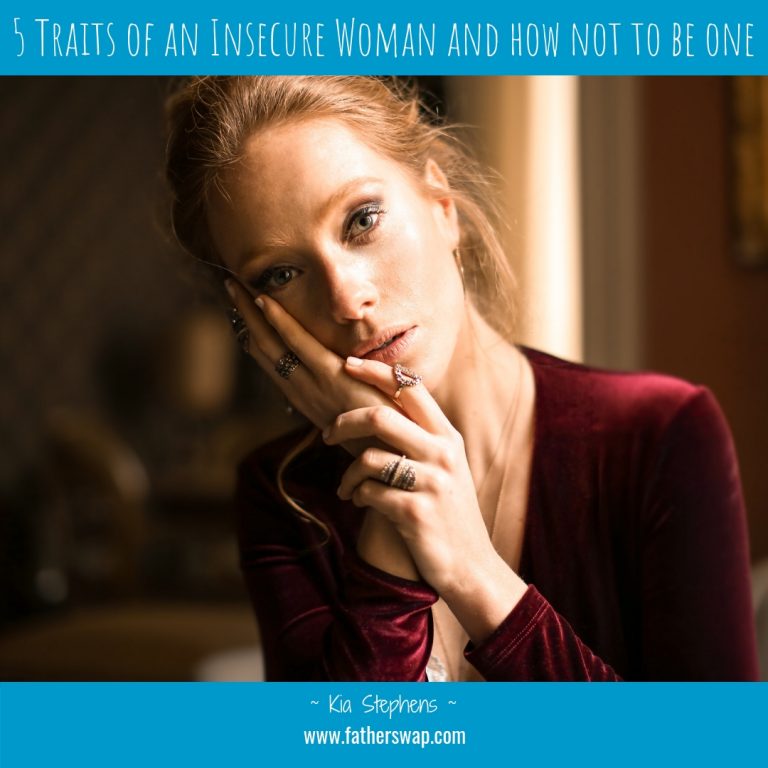
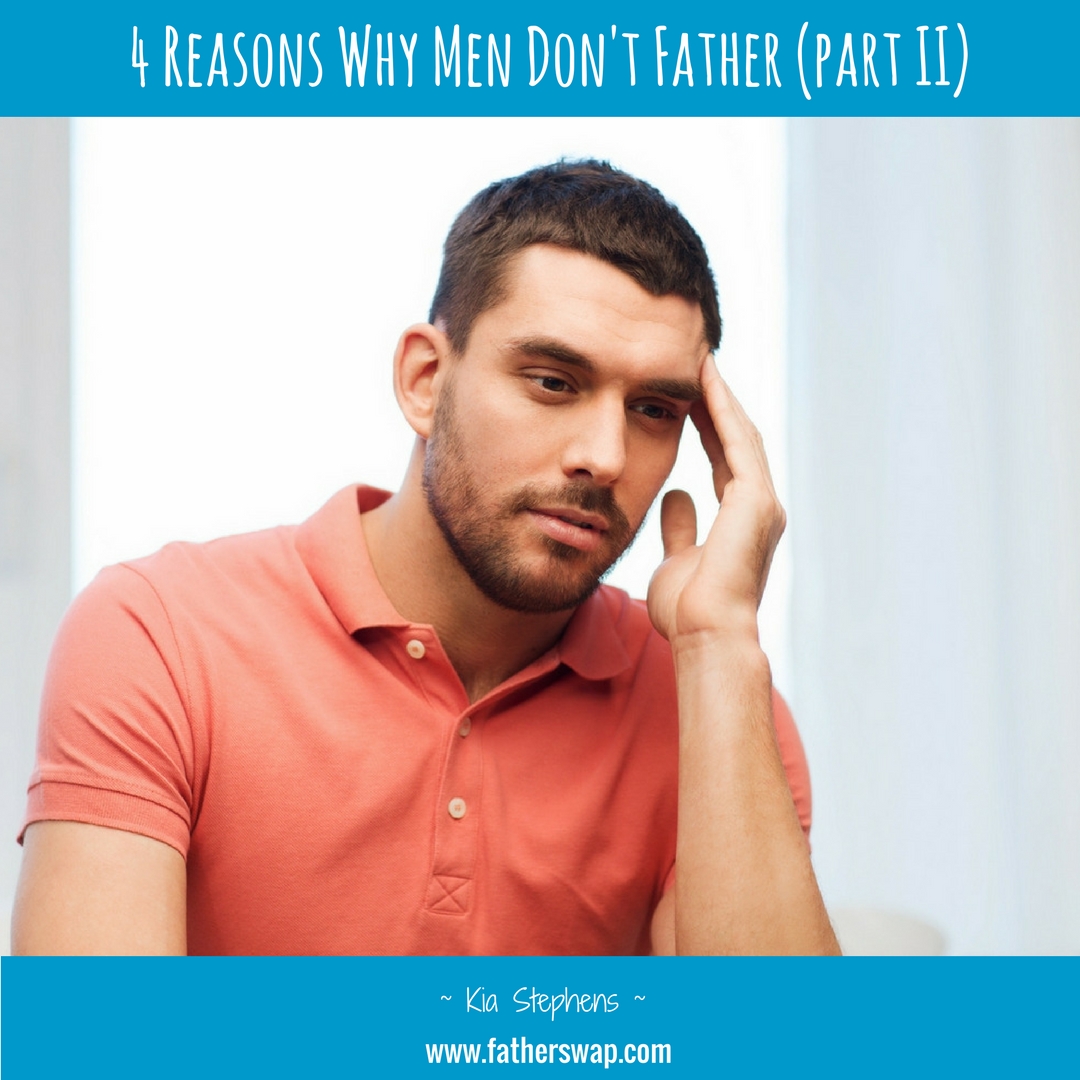
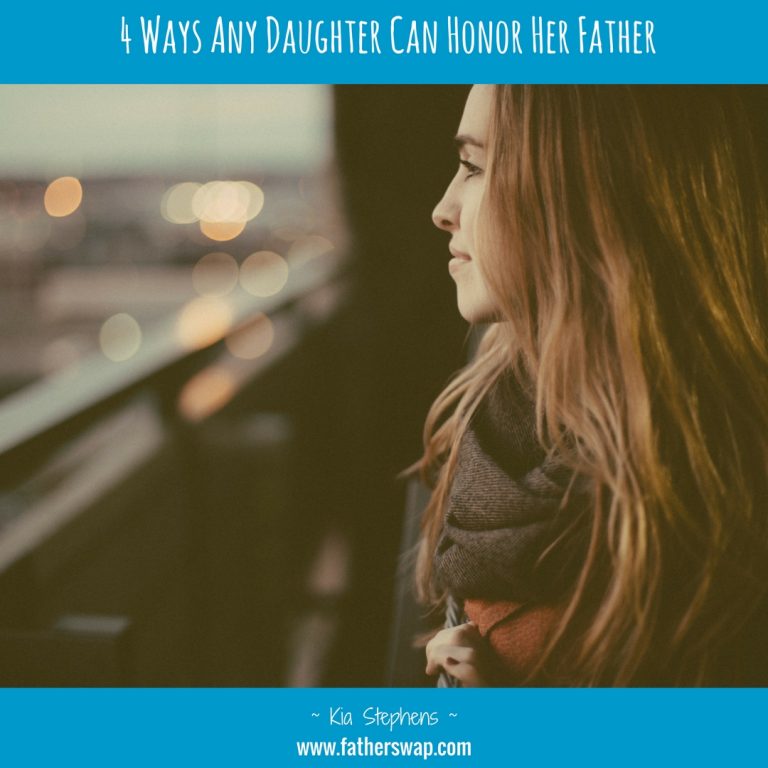
These are great questions! Thank-you for giving us more to think about and bring us closer to real reconciliation.
Brooke Grangard recently posted…On Racism & Seeing Another’s Reality
Brooke, the journey to the type of unity God desires will be extraordinarily difficult but doable, if we are willing to do the work. Thanks for joining the conversation today. Be blessed! – Kia
Kia, this is a wonderful post – great suggestions and much wisdom to bridge the gap rather than widening it. I grew up in a city presented me with various situations. Being white, put me in the minority at school. The church we attended was mostly white. Our apartment was in a multicultural neighborhood. I feel blessed in many ways to have had a mom who continually showed us by her life, thus instilling in us, to love others. In these days of such turbulence, I want to remember to see others as God sees them. Regardless of race, we are all made in His image. He loves us all deeply and would have sacrificed His Son for any ONE of us. Blessings to you!
Joanne Viola recently posted…Don’t Believe Everything
Joanne you are fortunate to have experienced so much diversity and to have had a wonderful example in your mother. Truly this is what it is going to take to experience the type of oneness God desires. This is especially true for those of us who consider ourselves followers of Jesus Christ. I am praying for our nation but I am equally praying for believers that people might know God is real by the love we have for one another. Thanks so much from joining the conversation today. Be blessed! – Kia
All of this is so true, and we all like our comfort zone! I love the fact that my daughters go to a much more diverse elementary school than I did. I love seeing them be friends with everyone, as it gives me hope for their future.
Sarah recently posted…The End of Summer
Very true Sarah. We serve a God that is constantly pushing us beyond our comfort zones. I would venture to say it is impossible to love from a place of comfort. Love requires we move into the unknown just as Christ Jesus did for us. Thank you for joining the conversation today and be blessed! – Kia
Nice, Good to read your blog. It will helpful for awareness among people. Keep sharing.